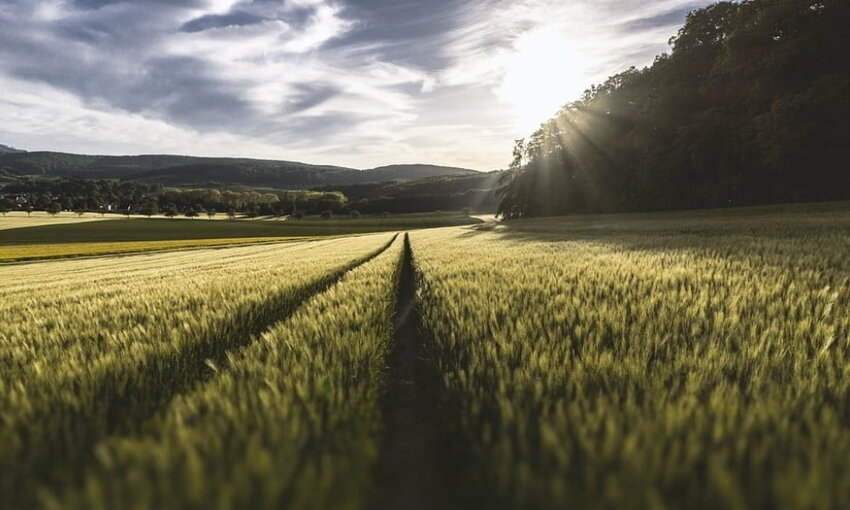 (Credit: Pixabay)
(Credit: Pixabay)Beginning this month, Bayer will start rewarding farmers in Brazil and the US for generating carbon credits by adopting climate-smart practices — such as no-till farming and the use of cover crops — designed to help agriculture reduce its carbon footprint and greenhouse gas (GHG) emissions. Bayer’s "Carbon Initiative" is helping the company reach its goal of reducing field GHG emission by 30% in 2030.
Soil is one of the most effective ways of sequestering carbon. Incentivizing farmers to embrace no-till, precision nitrogen use or cover crops helps further sequester carbon into the soil, reduce fossil fuel usage and reduce greenhouse gases. While today farmers get rewarded solely for their food, feed and fiber production, those participating in the Bayer Carbon Initiative will have the opportunity to be rewarded for their best farm management practices and other sustainability efforts as well.
The program’s 2020/2021 season will include approximately 1,200 farmers in Brazil and the US. In both countries, farmers will receive assistance in implementing climate-smart agricultural practices and Bayer will acquire the carbon removals created by those practices at transparent prices. Bayer is also collaborating with partners such as Embrapa in Brazil to build a viable carbon market for farmers.
Bayer plans to expand the program in the US and Brazil to other farmers and then later into other world regions with tailored approaches that will allow growers to choose what climate-smart practices and implementation works best for them. In Europe, the company is exploring how this innovative approach could be adapted as part of the European Green Deal. In Asia-Pacific, its goal is to help increase productivity for smallholder farmers as well as reduce methane emissions from rice farming.
In past years, Bayer has been working to implement more energy efficient and environmentally friendly practices. In 2018, the company signed a deal with the International Rice Research Institute to develop and promote an efficient and sustainable method for producing rice — one that would allow farmers to earn more.
The initiative, called the Direct Seeded Rice Consortium (DSRC), is developing a comprehensive, science-based, agronomic package adapted for direct seeded rice production in Asia, making direct seeded rice accessible and widely available to rice farmers, thereby enhancing the economic and ecological sustainability of rice production in Asia.